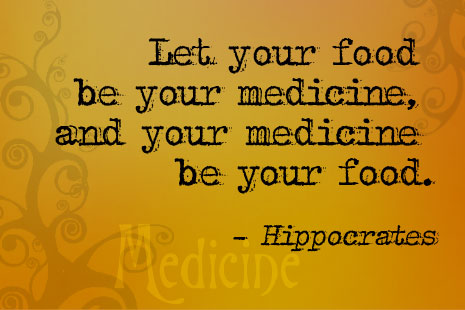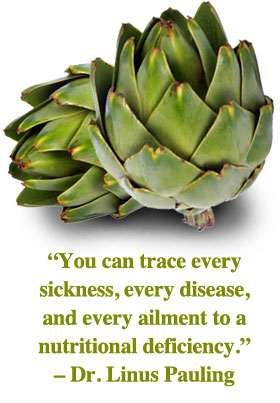Nutrition 101 - Macronutrients Explained
There are 3 macronutrients (carbohydrates, proteins, fats) that make up the food we eat. We must ingest these macronutrients, along with water, in order to survive. All food that you eat is broken down to molecules that are stored in your body for later use, absorbed into your body to build and nourish, or released out of your body as waste.
The Three Major Nutrients
 Carbohydrates are group of nutrients that include organic compounds such as sugar, starch and cellulose aka (fiber). Most of the carbohydrates in your diet come from plant foods, such as grains, fruits, vegetables, legumes and nuts. The body breaks down most sugars and starches into glucose, a simple sugar that the body can use to feed its cells. Fiber is also known as roughage. It is the indigestible part of plant foods that pushes through our digestive system. Carbohydrates are the primary fuel source for the body, particularly during high intensity exercise.
Carbohydrates are group of nutrients that include organic compounds such as sugar, starch and cellulose aka (fiber). Most of the carbohydrates in your diet come from plant foods, such as grains, fruits, vegetables, legumes and nuts. The body breaks down most sugars and starches into glucose, a simple sugar that the body can use to feed its cells. Fiber is also known as roughage. It is the indigestible part of plant foods that pushes through our digestive system. Carbohydrates are the primary fuel source for the body, particularly during high intensity exercise. - Fats consist of a wide group of compounds that are generally soluble in organic solvents and generally insoluble in water. The types of fats you see in food are usually categorized into saturated, unsaturated, or trans fat. A small amount of fat in your diet is good. However, all fats are not created equal. Try to stay away from trans fat and saturated fats. Fats provide an energy reserve (aerobic exercise), protect vital organs, insulate the body, and help transport fat-soluble vitamins. Fats are heavy in foods such as oils, butters, nuts, dairy products, and some meat and fish.
- Proteins are made up of long chains of amino acids. There are 22 different types of amino acid and the body needs all of them to function properly. When the proteins that we consume in our food are broken down through digestion into individual amino acids, these amino acids are then absorbed and reform in order to create new proteins that are then used by the body. Proteins contribute to tissue structures and exist as a fundamental part of metabolic, transport, and hormonal systems. Common protein rich foods include meat, chicken, fish, dairy, eggs, and soy. Proteins are crucial in rebuilding and maintaining muscle tissue.
Your body needs all three of these nutrients along with water, vitamins and minerals to function properly. Beware of any diet that tells you otherwise. Your body uses energy to break down these nutrients and the way we measure that energy it takes to fuel our bodies are in calories. By definition a calorie is the energy it takes to raise the temperature of 1 gram of water 1 degree Celsius.
How does that relate to carbs, fats, and protein?
When food is being dissolved in the stomach carbohydrates stay in the least amount of time then protein, and lastly fat.
Let's translate this to numbers:
Carbs = 4 calories/gram
Protein=4 caloriess/ gram
Fat = 9 calories/gram
So let's say you decide to have a serving of granola. After reading the food label you see that 1 serving is 3/4 cup (which no one really eats just one serving) is 110 calories.
Let's break this down:
Carbs = 22g x 4 cal/gram=88 cal
Protein = 2g x 4 cal/gram=8 cal
Fat = 1.5g x 9 cal/gram=13.5
Total = 88+8+13.5=109.5 calories
The big picture is your physical body is trying to balance the energy requirements it needs to function properly from the food you eat and the energy you use on a day to day basis. Everyone requires a certain amount of calories based on age, body weight, height, and activity level to maintain our current weight.
Click the links below to estimate how many calories you need to maintain, gain, or lose weight and to access other free online calculators.
Calorie Counter
Nutrient Counter
Hopefully you now understand the basics about calories, carbs, proteins, and fats.





